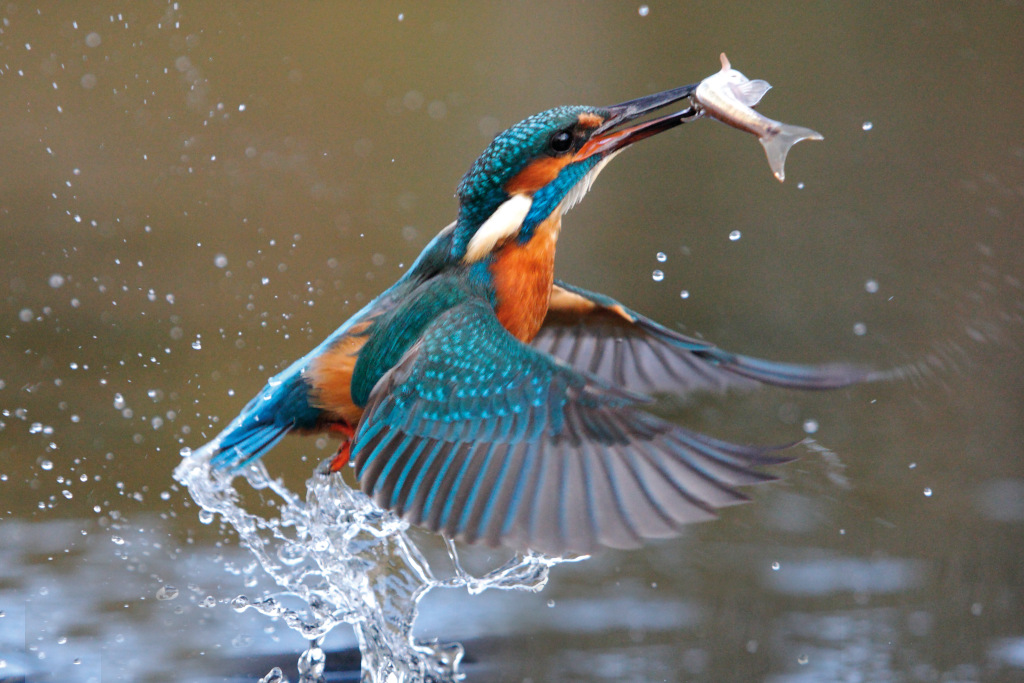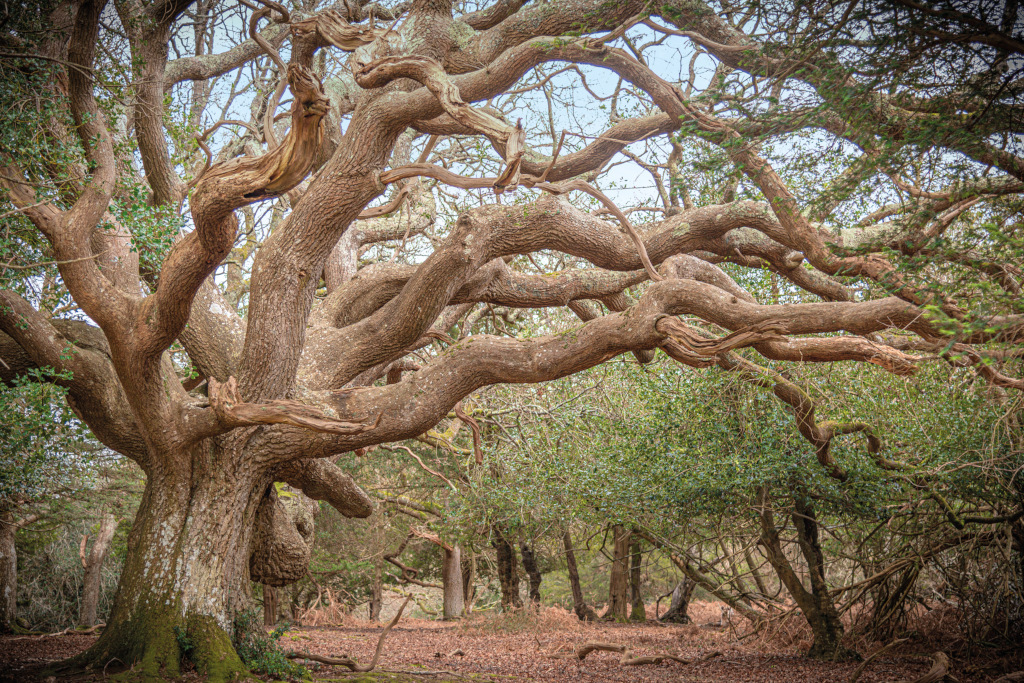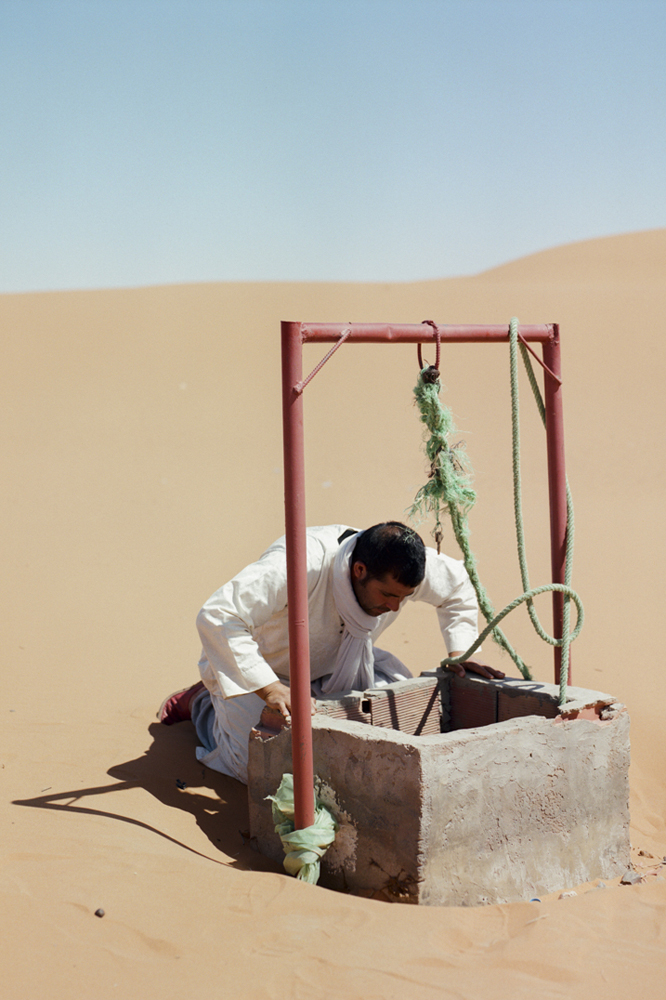The Positive Disruptor: Tangible Solutions To Our Climate Crisis
By
3 years ago
James Wallace wants us to think and act differently to help us safeguard our future

Collapse or co-exist? Environmentalist James Wallace starts his new column with a bang, asking us to think differently and highlights key tangible solutions to our climate crisis… are you ready?
The Positive Disruptor: Tangible solutions to our climate crisis
I’ve been asked to write a column for C&TH that ruffles feathers, but equally forces us into flight towards a thriving future in this hothouse world. Humanity is staring down the barrel of economic, social and environmental collapse. This isn’t doom-mongering from a lunatic fringe, it’s the clarion call from The Economist, the Bank of England, our ‘Build Back Beaver’ PM and from Mother Earth herself. So in each edition we will dive into an environmental crisis and offer solutions to yank heads from sand and provoke action.
Millions already face food, water, energy and displacement insecurity. Our answer so far? Double down. Squeeze the last drops of blood from the planet. Talk the green talk but walk the same old walk. Emissions soar while we build walls with the same machinery that denudes once-verdant land. We offshore our tax, colonial guilt and polluting gunk. We import our food and energy, and count financial services gold. This superficial wealth cannot feed our nation as the planet sweats us out like a virus.
The breakdown of natural systems that sustain us already hurts Britain. The floods in 2015 cost the country £5 billion. In 2019, when temperatures topped 38.7C in Cambridge, heat waves led to almost 900 extra deaths.
We live in denial. Rather than a green and pleasant land, Britain is one of the most nature-depleted countries in Europe, richly cloaked in industrial landscapes with tiny pockets of wildlife. Every river is polluted and only 40 years of soil fertility remain. Our massive ecological footprint has stamped out half our wildlife since my birth in 1972. Today, memories of butterfly clouds flitter while I join an orderly queue for fuel. Our island is literally sinking.
But there is hope and myriad ways of avoiding collapse. Nothing less than a radical transition in how we live and work, a total paradigm shift, is enough.
Firstly, we need to think like nature. To resolve a complex problem like human-induced environmental breakdown, we need to think holistically like the complex natural systems we have disrupted. Life works in regenerative, self-regulating cycles. Every part is simultaneously whole and part of a greater whole. Economies and cultures must follow the same rules and ditch the linear extractive industries killing our one and only planet.
Secondly, we must journey from individual ‘I’ to collective ‘we’. Everyone and everything under the sun is interconnected and interdependent. We beings that run, slide, swim and fly need each other. Your life is my food. My waste is your resource. Like the underground mycorrhizal networks passing nutrients and water in a forest, together we can avert famine and drought.
Thirdly, we have everything we need to heal our planetary life support system. Money, brains and brawn abound. Anything is possible. We are not alone and like other apes we can mimic. We are ready to replicate and join up recent experiments: financial markets that value ecosystem services and reinvest in stakeholders; agriculture that restores nature and feeds communities; clean and cheap energy that powers low-carbon development; government agencies resourced to regulate and protect. As COP26 reminded us, time is up and enough is enough.
Finally, like the Blitz raining down bombs that aligned a slumbering population, Covid has reminded us what can be achieved when we pull together. I wonder what can we do now that we all face a hot, wet, hungry future? The readership of C&TH alone could rapidly transform our land, finances and businesses if we woke up and coughed up.
THINK DIFFERENTLY, ACT NOW
Tangible ways to usher in a more hopeful future for Planet Earth
DOWNLOAD…

The State of Nature report by the RSPB to learn more about the extinction crisis in Britain.
HOLD…
Our government accountable for achieving UK commitments from COP26
RETHINK…

The global financial system with The Economics of Biodiversity, The Dasgupta Review
LEARN…
How complex natural systems can help us solve global problems through ecological courses at Schumacher College.
EXPERIENCE…

Ancient oak of the New Forest
The interconnectivity of life by getting to know your local ancient woodland and making a donation to the Woodland Trust.
INVEST…
Your money responsibly in a green future with Environmental, Social and Governance (ESG) investing.
READ MORE:
Giving Nature A Seat At The Table / Must-Read Books on Sustainability / What Does Climate Positive Mean?



